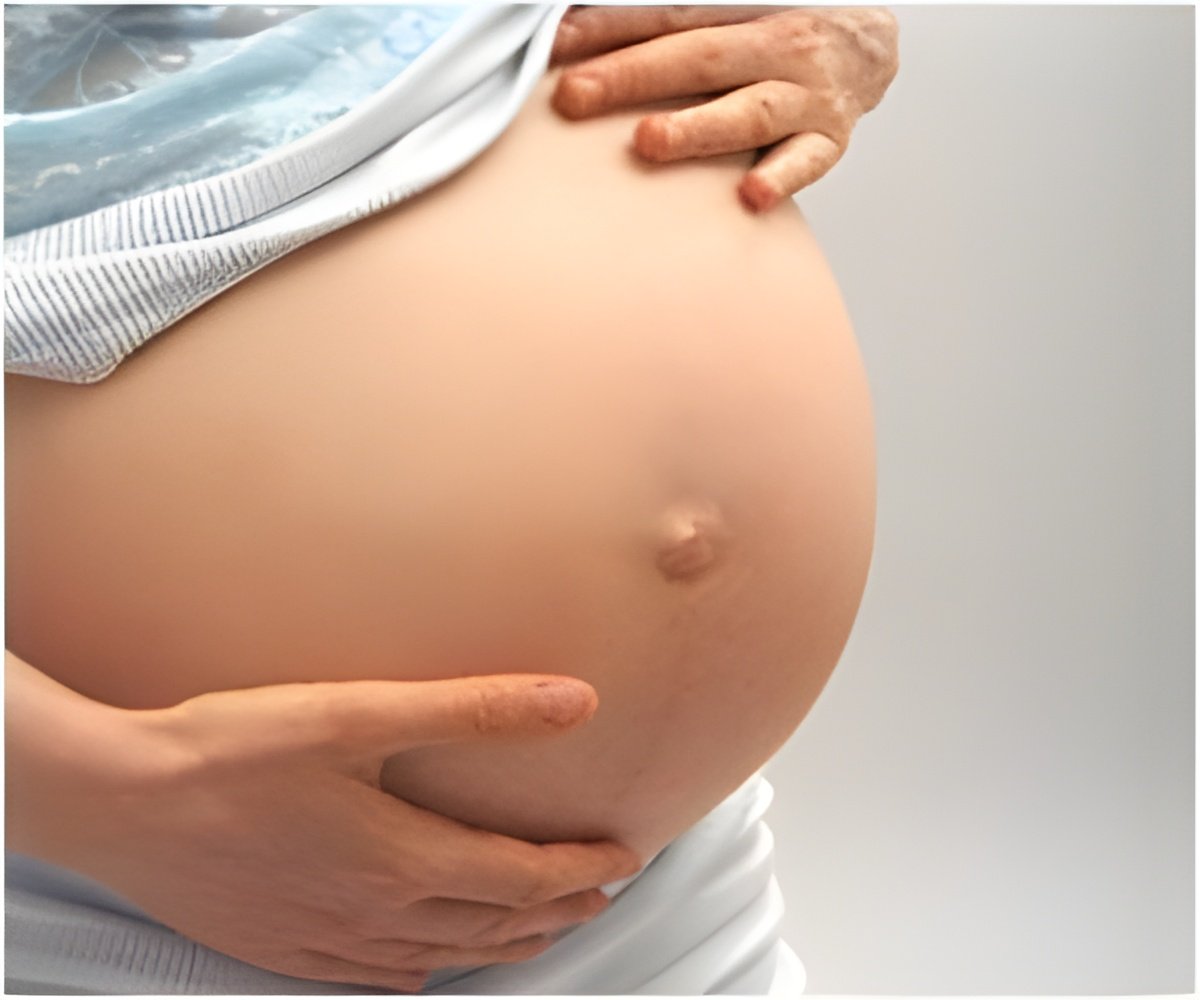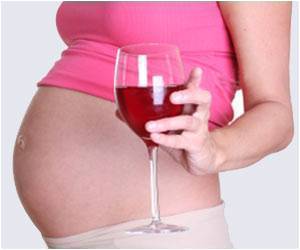Women who return to work before six months after childbirth are at a higher risk of suffering from postpartum depression, a new study revealed

Dr. Dagher said that in the US, most working women are back to work soon after giving birth, with the majority not taking more than three months of leave.
The first year after childbirth presents a high risk of depression for women, with about 13 percent of all mothers experiencing postpartum depression, with debilitating symptoms similar to clinical depression.
For the study, researchers measured postpartum depressive symptoms using the Edinburgh Postnatal Depression Scale, a widely used and validated depression screening tool.
The study utilizes data from the Maternal Postpartum Health Study, collected by Dr. Patricia McGovern, professor at the University of Minnesota School of Public Health and a co-author on the study.
Dr. McGovern followed a group of more than 800 women in Minnesota over the course of the first postpartum year and gathered data about depressive symptoms and mental and physical health at six weeks, twelve weeks, six months and twelve months postpartum.
The study is published in the Journal of Health Politics, Policy and Law.
 MEDINDIA
MEDINDIA



 Email
Email










